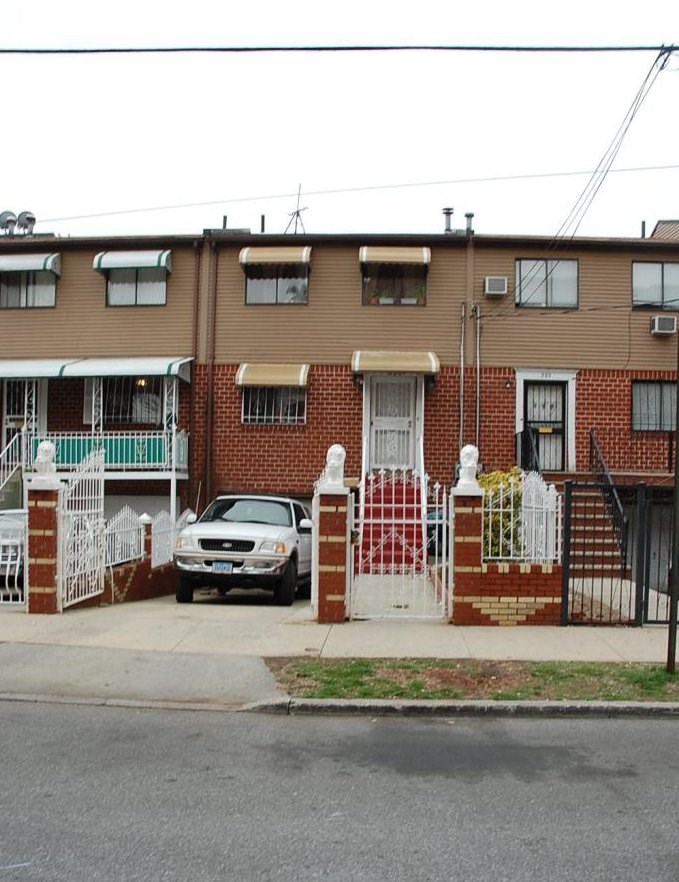At least 420 properties have been targeted for foreclosure under the controversial Third Party Transfer program, a policy that allows the city to seize buildings from tax-default homeowners, NY Daily News reports.
Initiated in the 1990s, the TPT program allows the city to foreclose on properties whose owners owed taxes, water and sewer bills, as well as distressed, neglected properties and transfer those to nonprofit developers tasked with fixing them to improve the living conditions for the properties' tenants.
Black and Hispanic neighborhoods in Central and East Brooklyn, upper Manhattan and the South Bronx have been most affected by the program, as data from the Department of Housing Preservation and Development shows.
The data reveals: Since 2015, the city has initiated transfer proceedings under the policy on at least 107 homes and foreclosed on 20 in East New York, Brownsville and Bushwick.
In Bedford Stuyvesant, Fort Greene and Crown Heights, 69 buildings were placed into transfer proceedings, with seven of them being handed over to a third party, the nonprofit Neighborhood Restore.
The current debt threshold for the city to initiate third-party transfer is at least $1,000 in city arrears for at least one year, or $1,000 for at least three years under the city's Housing Development Fund Corporation program. Yet, the city puts special focus on properties that have a large amount of arrears. Properties currently being considered for transfer owed approximately $900,000.
The program came under scrutiny last year after reports had emerged that the properties of more than 60 black and brown homeowners in less affluent neighborhoods had been placed in TPT, often without properly notifying them.
Like East New York homeowner McConnell Dorce, whose property landed into TPT proceedings last August when various city agencies gave him the runaround as he tried to pay his property taxes.
"When I went to go pay my tax bill, they said I needed a letter from HPD, but when I went to pay the bill, I was told I needed to come back with copies of the deed, license and bank statement," said Dorce. "They said to come back over and over again. After waiting for three months, I was told that I was foreclosed due to violations that I was not even made aware of. It was not clear what I violated to designate my property as distressed."
Many Brooklyn politicians, including Borough President Eric Adams, State Senator Velmanette Montgomery, Assemblymember Tremaine Wright and Councilmember Robert Cornegy, have been alarmed by their constituents and have called for a moratorium on TPT to review the program's practices.
"We must vigilantly and comprehensively tackle the growing emergency facing Black and Latino property owners in our city, who appear to be systematically targeted by efforts to wrongful seize homes and put families at an economic disadvantage," said Adams.
Central Brooklyn residents, who pressed HPD representatives for transparency and procedural changes to the program at a recent Crown Heights housing forum, only received a sparse response because the program is currently in litigation.
Since 2015, the city has foreclosed on 62 properties citywide through TPT.




